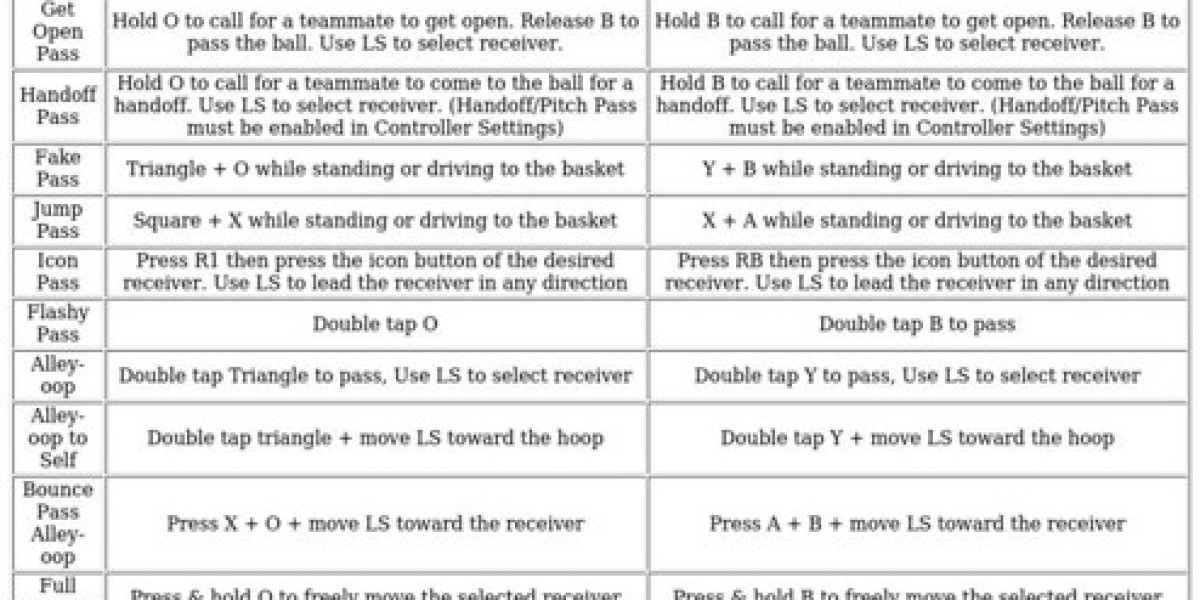In the healthcare industry, where accuracy, efficiency, and patient outcomes depend on the quality of data, ensuring data consistency and accuracy has never been more critical. Healthcare organizations deal with massive amounts of data from various sources, including electronic health records (EHRs), billing systems, and lab results. The challenge lies not just in managing this data but in ensuring it is reliable, accessible, and aligned across all platforms. This is where healthcare master data management (MDM) becomes essential, serving as a backbone for high-quality, trusted data.
What is Healthcare Master Data Management?
Master data management (MDM) in healthcare is a systematic approach to managing the core, critical data—such as patient information, provider credentials, product details, and reference data—that drive healthcare operations. By creating a single source of truth, MDM enables healthcare organizations to maintain data integrity, improve interoperability between systems, and make informed decisions that directly impact patient care and operational efficiency.
The Growing Importance of MDM for Healthcare
The healthcare sector faces complex challenges due to fragmented and siloed data. Hospitals, clinics, and insurers often operate multiple disconnected systems, leading to inconsistent data, duplicate records, and inefficient workflows. Moreover, stringent regulatory requirements, such as HIPAA, demand that healthcare providers not only secure patient data but also ensure its accuracy and completeness.
MDM for healthcare addresses these challenges by centralizing and standardizing the master data across all systems. This ensures that healthcare professionals access accurate, up-to-date information, reducing errors, streamlining processes, and ultimately improving patient outcomes.
Key Benefits of Master Data Management in Healthcare:
- Improved Patient Care
When healthcare professionals have access to accurate and consistent data, they can make faster and better-informed decisions. For instance, an integrated MDM system ensures that a patient's medical history is available across different care providers, reducing the risk of misdiagnosis or treatment errors. - Enhanced Operational Efficiency
Hospitals and healthcare organizations often struggle with redundant data entry, conflicting patient records, and administrative bottlenecks. MDM in healthcare resolves these issues by creating a unified data system, allowing for seamless workflows and better coordination between departments. - Regulatory Compliance and Data Security
Regulatory standards in healthcare are stringent, and non-compliance can result in hefty fines and damage to reputation. With MDM, healthcare organizations can ensure that data is managed and maintained according to regulatory guidelines, such as HIPAA, by providing clear audit trails, minimizing human error, and safeguarding patient data. - Cost Reduction
Duplicate records and inconsistent data can lead to costly inefficiencies, including billing errors, unnecessary testing, and wasted resources. By implementing MDM, healthcare organizations can eliminate data silos, streamline operations, and reduce unnecessary costs.
Real-World Application: MDM in Action
A large healthcare network in the United States faced challenges with data inconsistency across its multiple facilities, resulting in billing errors and delayed patient care. By adopting an MDM for healthcare solution, the organization was able to merge fragmented patient records, create a unified database, and ensure data accuracy across all facilities. This led to faster billing cycles, reduced operational costs, and improved patient outcomes, as healthcare providers had consistent access to the same patient information.
Another example is the use of MDM to improve clinical trials. Accurate and consistent patient data is vital for recruiting the right candidates and ensuring that the trial results are reliable. With MDM, pharmaceutical companies can manage patient data more effectively, ensuring that only eligible patients are included, reducing the time and cost of trials.
Challenges and Considerations in Implementing MDM in Healthcare
While MDM offers numerous benefits, implementing it in the healthcare sector presents challenges. One of the primary hurdles is data governance—ensuring that all stakeholders, from IT staff to healthcare providers, understand their role in maintaining data quality. Establishing a robust data governance framework is critical to ensuring the long-term success of an MDM initiative.
Another challenge is the integration of MDM with existing healthcare IT systems. Healthcare providers often rely on legacy systems that may not easily integrate with modern MDM platforms. However, with the right MDM solution and implementation strategy, these challenges can be overcome, and healthcare organizations can create a scalable and flexible data architecture.
Conclusion: The Future of MDM in Healthcare
As healthcare continues to embrace digital transformation, the need for clean, consistent, and trustworthy data will only grow. Master data management in healthcare will play a pivotal role in this evolution, ensuring that healthcare organizations can harness the full potential of their data to improve patient care, streamline operations, and meet regulatory demands.
With MDM, healthcare organizations can look forward to a future where data is no longer a bottleneck but an enabler of innovation, efficiency, and better outcomes for all. Whether it's enabling precision medicine, enhancing interoperability, or driving down costs, the impact of MDM on healthcare data quality is profound and far-reaching.
MDM is not just a technology investment; it's a strategic imperative that ensures the long-term viability and competitiveness of healthcare providers in an increasingly data-driven world.



